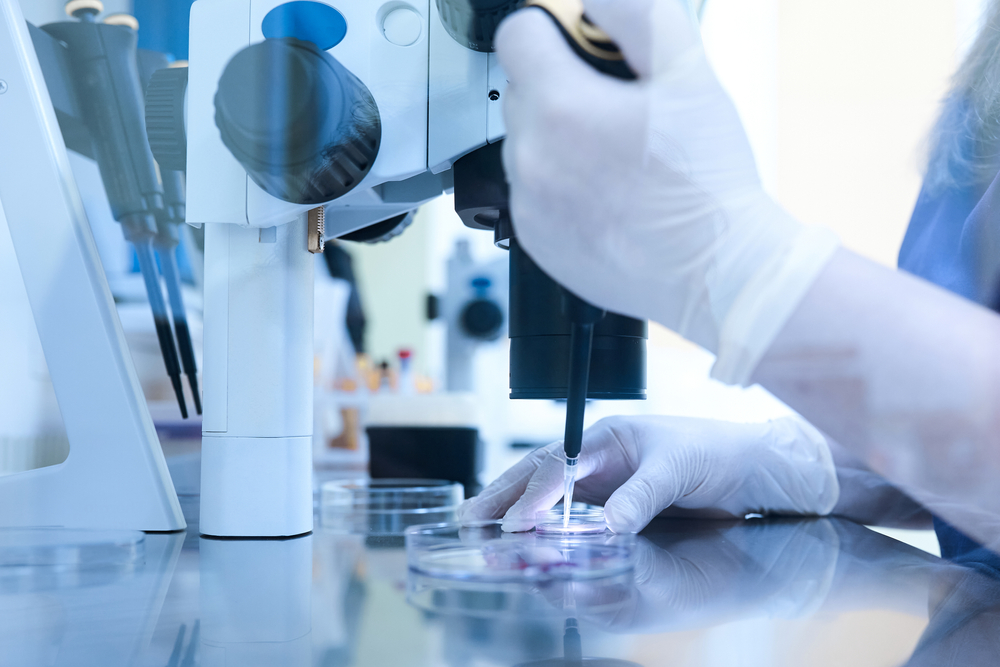For people battling infertility, which can be caused by many reasons, IVF can be the ideal way to help you conceive. It involves a number of procedures known as the “treatment cycle”, starting with hormone treatment to stimulate the ovaries. Generally speaking, fertility treatments are very safe, but all medical procedures run the risk of side effects. You should be made aware of these side effects before you start the process. The medications used, for example, can cause hot flushes, irritability, headaches, and restlessness. Read on for some of the other risks of IVF…
Ovarian Hyperstimulation Syndrome (OHSS)
This is a rare complication of IVF. For women who are particularly sensitive to the medication taken to stimulate egg production, sometimes too many eggs develop in the ovaries. These can become quite large and painful, causing bloating, nausea, sickness, and shortage of breath amongst other problems. In cases of ovarian hyperstimulation, which look like they may develop into the Syndome, it might be necessary to stop the current cycle and start again at a later date with a lower dose of medication, or it may be appropriate to continue the cycle and form embryos but then freeze them rather than re-implant one in the current cycle.
With certain medical conditions, such as PCOS, it can be difficult to assess the best level of stimulation medication because these patients can have a radically different response to very slightly different threshold levels. If not enough medication is taken, very little happens and the cycle may be abandoned. If too much is taken the ovaries may quickly start to overstimulate. That is why it is not uncommon for PCOS patients to have a cycle where all their embryos are frozen, followed by a (simpler) Frozen Embryo Replacement cycle later on when their ovaries have returned to normal.
Ectopic Pregnancy
For IVF patients, there is a slightly higher risk of having an ectopic pregnancy. This is when the embryo implants in a fallopian tube, as opposed to the womb. If you do fall pregnant after IVF, a scan after 6 weeks is usually the earliest that can see a foetal heartbeat and will determine whether or not the embryo is growing properly and in the correct place. Look out for vaginal bleeding and stomach pain if you do experience a positive pregnancy test after IVF. Some kind of bleeding in the early stages of pregnancy is not uncommon but ectopic pregnancies are often very painful and need attention immediately.
Multiple Births
During IVF, a woman’s eggs are fertilised in-vitro, and one or two of the best resulting embryos are transferred into the uterus. If more than one embryo is transferred, there is a higher chance of producing twins, or even triplets.
For those struggling to conceive, having twins might not seem like a particularly bad thing, but it can increase the risk of certain complications, such as increased hospital care, premature birth, low birth weight, the need for a caesarean or even miscarriage.

